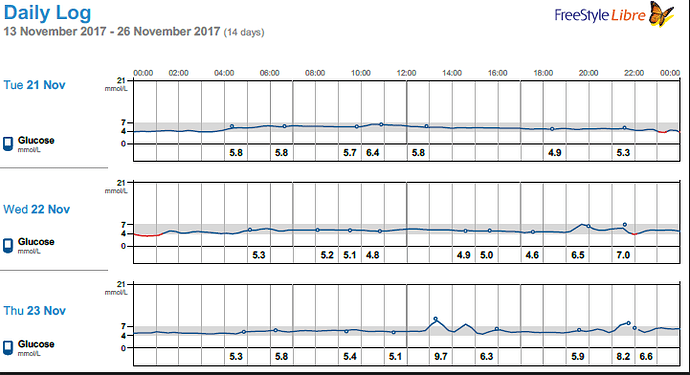This is a study of LDL as an indicator of mortality:
Primary prevention = prevention before onset of heart disease.
As an aside, I saw this posted by someone on Threads. He said if you have higher triglycerides, you should endeavor to lower them. Now, I’ve always thought of the trig/HDL ratio (which the study likes) as being an indicator of what you’re eating/your metabolism.
But once you start saying you might need to lower trigs if they are high, to me, this means trigs are CAUSAL in heart disease. Under what mechanism are triglycerides causal? That is, how does having high trigs cause heart disease? Anyone have any theories? (Because I don’t.)







